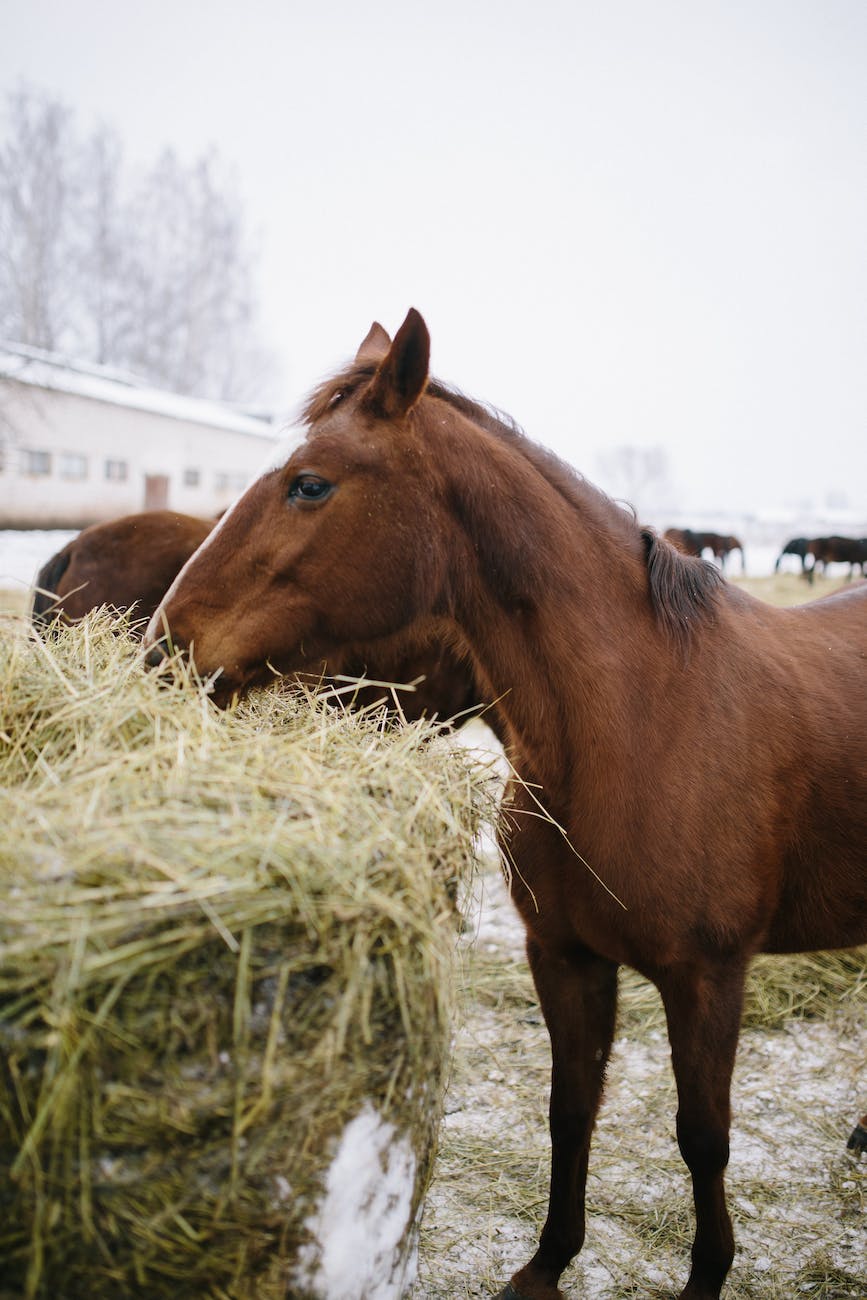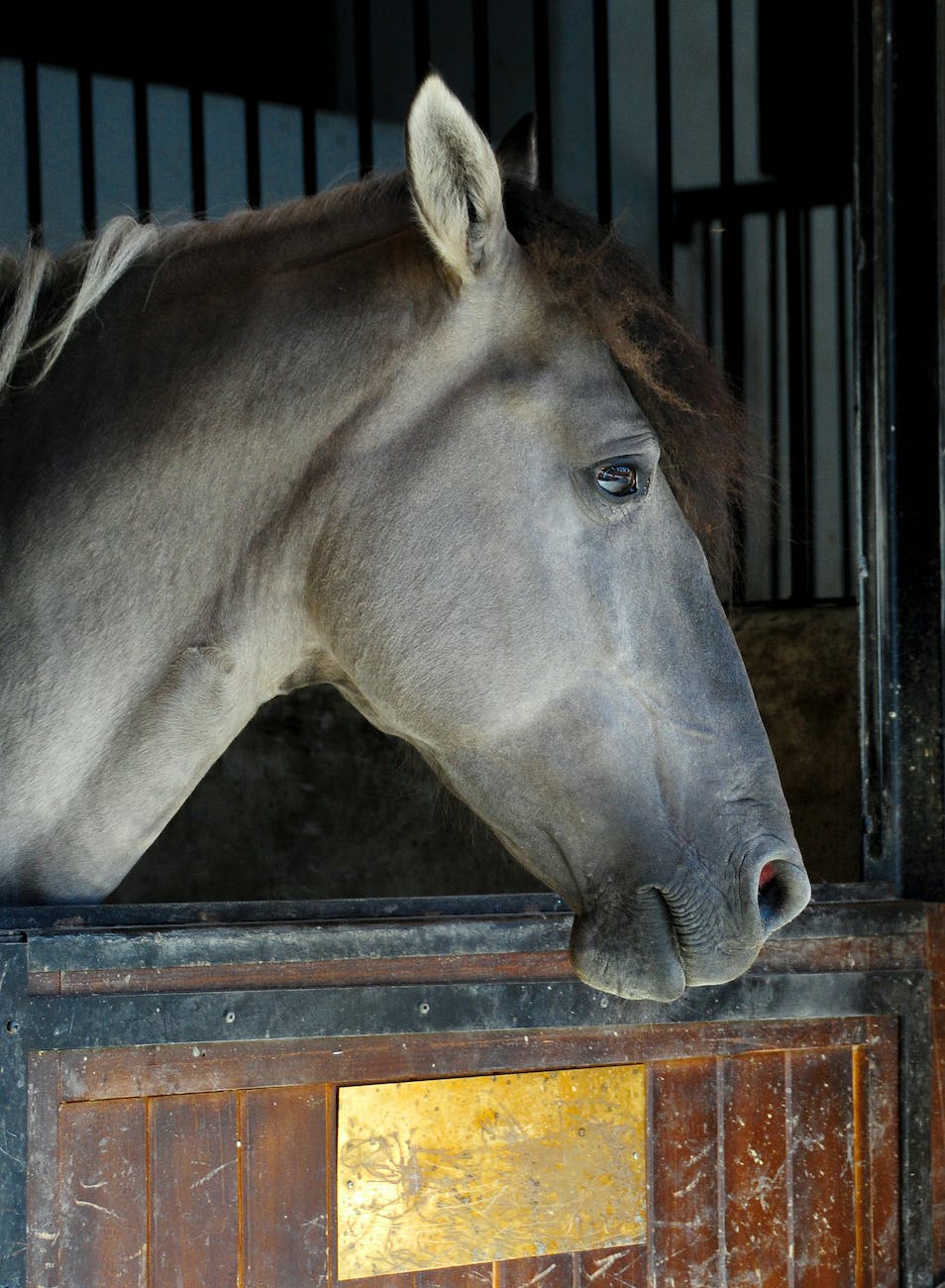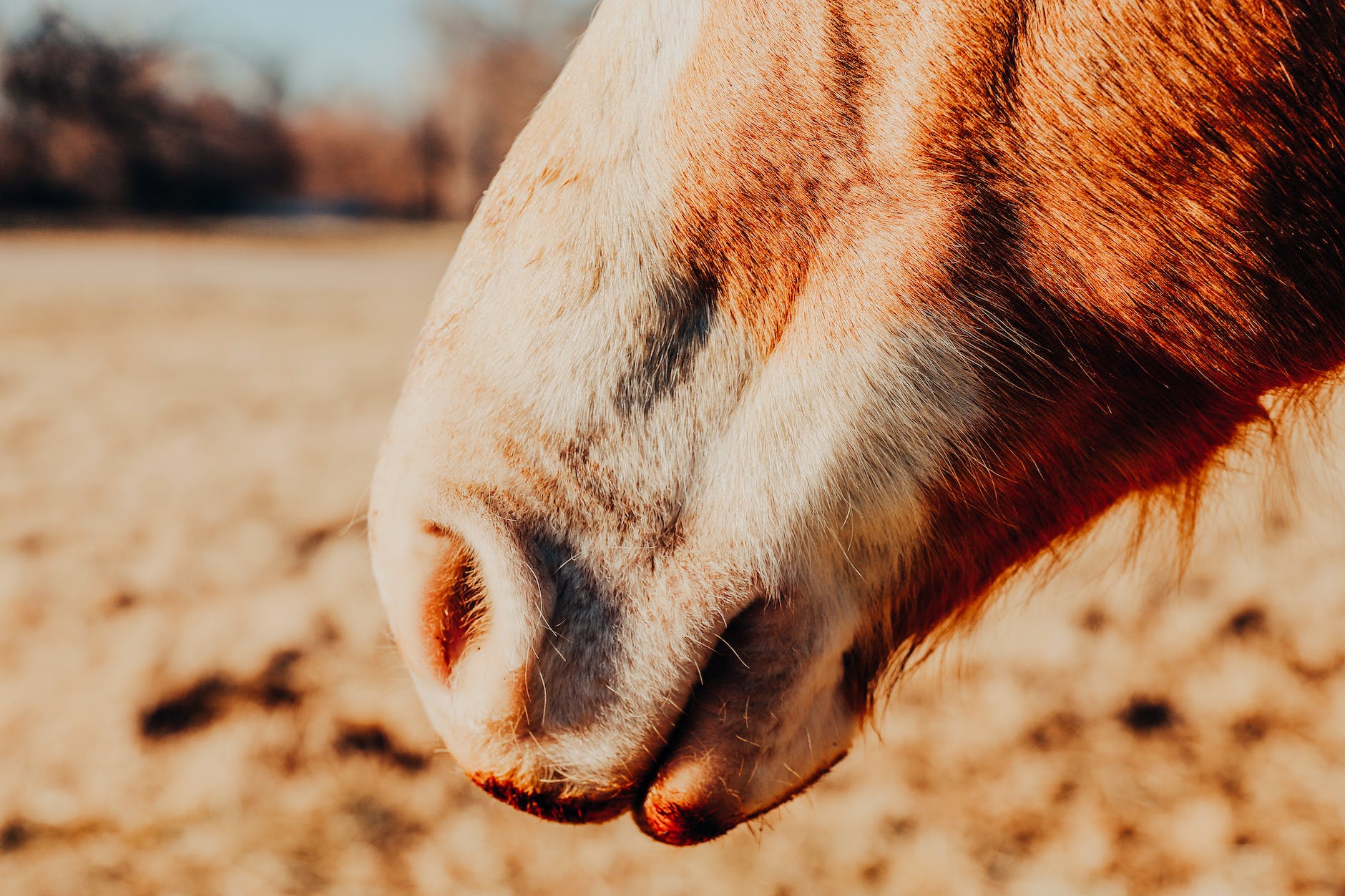Horse heaves, also known as equine asthma, is a serious respiratory condition. Like asthma in humans, heaves cannot be cured, but it can be managed if you control the horse’s environment. Maybe you’ve had it under control for months, and then… A single dust flake triggers a flare up and before you know it after a ride and some coughing, she’s now standing in the pasture struggling so hard to breathe that her abdominal muscles are bulging.
Equine heaves are characterized by inflamed airways in the trachea, bronchi, and lungs. Inflammatory reactions to dust, mold, or other allergens can cause the airways to swell, constrict, and clog. There is a lot of excess mucous, which makes exhaling much more difficult.

Other than the excess mucous, coughing, and nasal discharge, there may be other symptoms such as:
- Exercise intolerance
- Increased respiratory rate
- Unusual or abnormal sounds in the lungs
- Weight loss
- Wheezing
- Flaring of the nostrils
This is an emergency condition.
These flare-ups typically are seen around 9-12 years old. Here’s what you can do to manage heaves and take steps to reduce her exposure to the triggers.
- Keep the horse away from dusty hay.
- Wet or steam the hay
- Use low-dust bedding
- Increase turnout time
- Make sure stalls are well-ventilated with open doors, windows, or fans
- If she is boarded, try to reserve a stall at the end of the aisle where airflow is better
- Make sure hauling trailers are well-ventilated
- When forking hay, check for internal patches of bad hay
- Feed at chest height
- Avoid dusty arenas

Unfortunately, even under the best of circumstances, sometimes you just can’t prevent a flare-up. When it happens, you need to call us right away. We’ll need to rule out other conditions such as pleural effusion, a collapsed trachea, and heart failure, so it’s imperative to take this very seriously.
While you’re waiting for us to arrive, keep her quiet and still. Agitation and exertion will only make the problem worse. Get some fresh air to her but be careful that dust doesn’t blow around in fans or open doors. Monitor her vital signs and write down the respiratory rate every five minutes.
Treatment Options for Horse Heaves:
- Steroids and Bronchodilators
- Inhalers
**IMPORTANT**
DO NOT share inhalers or nebulizers with other horses.
NEVER attempt to administer any medications, especially sedatives and tranquilizers without our express permission to do so.
Heaves is not a condition that you should take lightly. If you suspect any of the signs we have mentioned above, call us immediately at 865-566-8359. For our established clients we have 24/7 emergency care. If you’re not an established client, please consider our compassionate, professional staff to provide exceptional care for your horse.

Leave a Reply